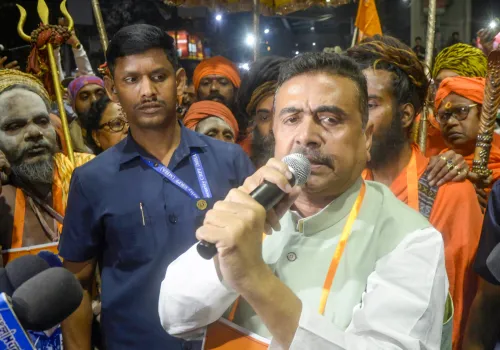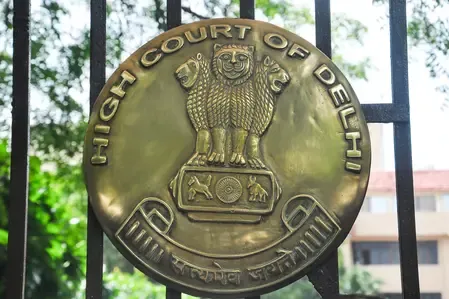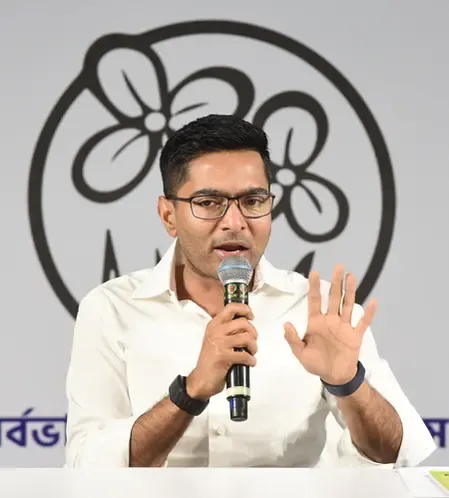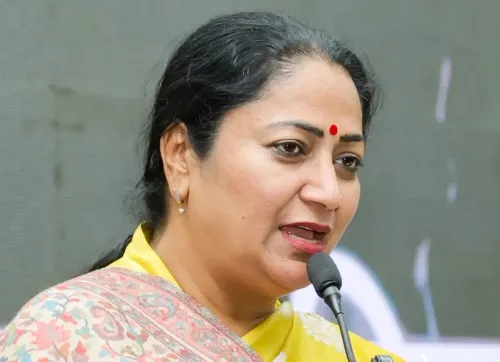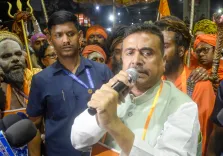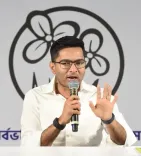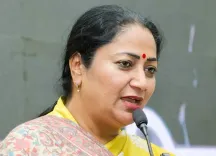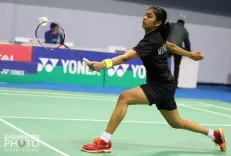Have Last-Minute Negotiations Saved Nimisha Priya from Execution in Yemen?
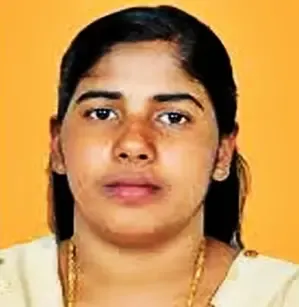
Synopsis
Key Takeaways
- Nimisha Priya's execution is currently on hold.
- Negotiations involve significant stakeholders including the Indian government.
- Blood money discussions are crucial for her potential clemency.
- The case highlights the risks faced by Indian migrants in conflict regions.
- Family and community support plays a vital role in advocacy efforts.
New Delhi/Kerala, July 15 (NationPress) It was a frantic race against time, and following extensive negotiations on multiple fronts, the execution of Kerala nurse Nimisha Priya, originally scheduled for Wednesday, has been put on hold.
A multitude of efforts from various stakeholders, including the full backing of the Indian government, agencies based in Saudi Arabia, and the religious intervention of Grand Mufti Kanthapuram A.P. Aboobacker Musliyar, who reportedly contacted a friend in Yemen’s Shoora Council to facilitate mediation, contributed to this decision.
The new order, issued shortly after negotiations concluded on Tuesday, indicates that Priya's execution has been deferred until further notice.
This order was signed by the Prison Execution officer and the local judge in Yemen.
Indian diplomatic representatives involved in the negotiations stated that discussions will persist, emphasizing that the Indian government has made significant efforts for this reprieve.
Meanwhile, sources indicate that upcoming negotiations will focus on the blood money to be paid.
Priya’s husband, Tomy Thomas, expressed joy at the news, stating, "We are all happy but aware that there is still much more to resolve." Local mediator Sabu M. Jerome, who facilitated the conciliation meetings, thanked the governments of Yemen and India and the prominent figures from Saudi Arabia who contributed.
“All other information circulating in the media is inaccurate. The involvement of the Indian government has been substantial,” Jerome remarked.
Currently, Priya is incarcerated in Yemen, facing the death penalty for the alleged murder of her former business associate, Talal Abdo Mehdi, in 2017.
The negotiations included the local Chief Justice of the Yemeni court, a senior cleric from the influential Shoora Council, and members of Mehdi's family.
A member of the village council in Palakkad, Priya's hometown, revealed that discussions have commenced with hopes that Mehdi's family will consent to accept blood money — a provision in Islamic law that could potentially lead to a postponement or cancellation of her scheduled execution.
Kerala Governor Rajendra V. Arlekar also interceded, engaging with officials from the Ministry of External Affairs on Tuesday.
Additionally, Kerala billionaire M.A. Yusuf Ali has shown readiness to provide any necessary financial assistance.
Efforts for further intervention intensified, thanks to the Grand Mufti Kanthapuram A.P. Aboobacker Musliyar, who reached out to a friend in Yemen’s Shoora Council to aid in mediation.
Since the announcement of the execution date, politicians across various parties in Kerala have appealed to the Union government and the President of India for urgent intervention.
The matter was also discussed in the Supreme Court of India on Monday.
Nimisha Priya moved to Yemen in 2008 to support her family, initially working as a nurse before starting her own clinic.
In 2017, following a dispute with Mehdi, her business partner, she allegedly administered sedatives to him in an attempt to regain her confiscated passport.
The sedatives proved lethal, leading to her arrest while attempting to flee the country, and she was convicted of murder in 2018.
A death sentence was issued in 2020 and upheld by Yemen’s Supreme Judicial Council in November 2023.
Nevertheless, the court permitted the possibility of clemency through a blood money arrangement.
This case has triggered national and international concern, highlighting the precarious situation of Indian migrant workers in conflict zones. Priya’s mother, Prema Kumari, has been instrumental in the campaign to save her daughter, even traveling to Sanaa to negotiate directly with the victim’s family.
She is supported by a coalition of NRI activists and social workers operating under the Save Nimisha Priya International Action Council.


